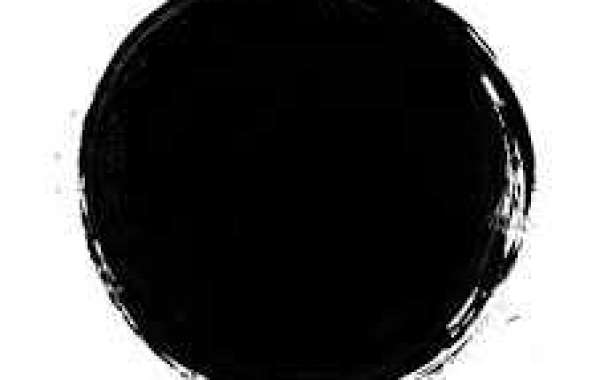It is often emphasized that staying hydrated is crucial, but is there such a thing as drinking too much water? In this article, we explore the concept of excessive water intake and shed light on how much water is too much to drink.
Importance of Water:
Before diving into the topic of excess water consumption, it is essential to understand the significance of water for our bodies. Water is involved in numerous physiological processes, such as regulating body temperature, lubricating joints, aiding digestion, and transporting nutrients and oxygen. Without adequate water intake, our bodies can experience dehydration, leading to fatigue, dizziness, and even more severe health complications.
Recommended Water Intake:
The appropriate amount of water needed varies from person to person due to factors such as age, weight, activity level, and climate. Generally, the "8x8" rule is commonly cited, which suggests consuming eight 8-ounce glasses of water per day (equivalent to about 2 liters or half a gallon). However, this is a rough guideline and not a one-size-fits-all solution.
The Dangers of Excessive Water Intake:
While it is crucial to stay hydrated, consuming excessive amounts of water can lead to a condition known as water intoxication or hyponatremia. This condition occurs when the body's electrolyte balance is disrupted due to an overwhelming influx of water. Hyponatremia can be life-threatening, causing symptoms such as nausea, headache, confusion, seizures, and in severe cases, coma or death.
Determining Your Ideal Water Intake:
To determine how much water is appropriate for you personally, it is best to consider several factors. Firstly, listen to your body's thirst cues and drink when you feel genuinely thirsty. Secondly, consider your activity level and adjust your water intake accordingly. If you engage in intense physical activity or live in a hot climate, you may need more water to replenish what is lost through sweat. Lastly, consult with a healthcare professional who can assess your specific needs based on your individual circumstances.
Signs of Adequate Hydration and Dehydration:
Monitoring your body's signals is crucial for maintaining a healthy water balance. Signs of adequate hydration include clear or light-colored urine, minimal thirst, and normal cognitive function. On the other hand, indications of dehydration include dark-colored urine, dry mouth, fatigue, and feelings of thirst. By paying attention to these signals, you can gauge your water intake more effectively.
Conclusion:
Water is undoubtedly essential for our bodies, and staying properly hydrated is vital for overall health. While there is no universally applicable answer to the question of how much water is too much, it is crucial to strike a balance that meets your body's needs. By listening to your body, considering individual factors, and staying mindful of the signs of both adequate hydration and dehydration, you can ensure you are drinking an appropriate amount of water to support your well-being.








